To avoid being tired throughout your walk, it's crucial to stop frequently. This will enable you to rest, drink water, and recharge with high-energy snacks.
1. It works on the whole body.
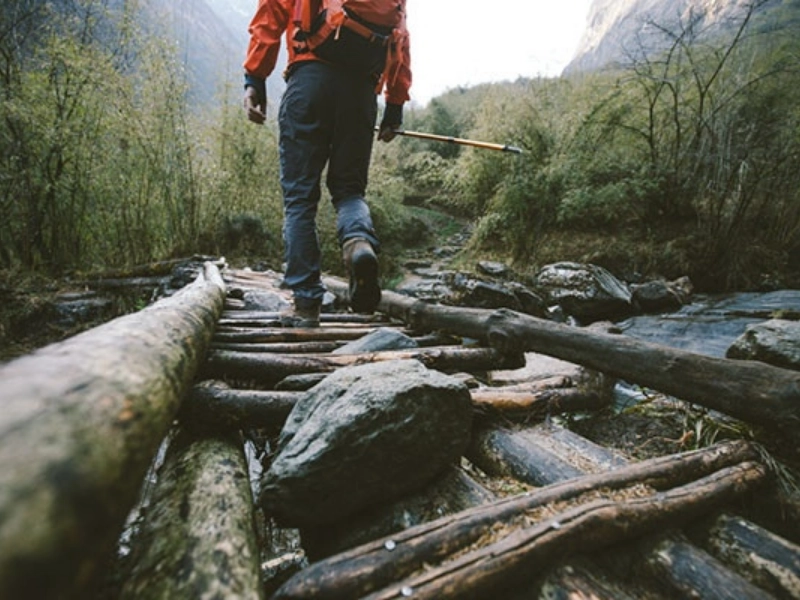
Hiking works your arms, core, and leg muscles. This is particularly valid when trekking over uneven ground or uphill. Since you're using different muscles for hiking than for walking, it can actually be more difficult than walking the same distance.
Hiking can be really exhausting if you don't routinely exercise. Long hikes across unknown terrain are challenging as well if you don't take breaks. This is why it's critical to pick a walk that suits your degree of physical fitness.
It's also crucial to start a walk at a slower pace and to cool down gradually once you've finished. Injuries are avoided, and muscular discomfort is lessened as a result. After every walk, it's beneficial to perform a quick stretching regimen. Since trail running and yoga target the same muscle groups, try to perform stretches that are similar to those used by runners.
2. You are perspiring a lot.
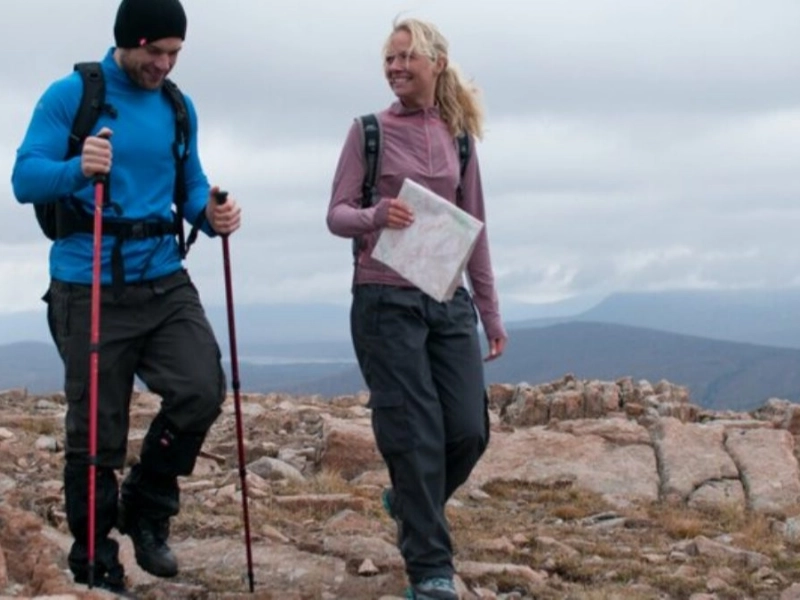
All of the muscles in your body that you might not use very often are used when hiking. Hiking uphill or over rocky terrain puts more strain on your lungs than flat-land walking, which only exercises specific muscle groups.
It's crucial that hikers take frequent breaks to rest because they often grow tired throughout a trek. To help them fuel their bodies for the upcoming hike, it's also critical that kids pack a lot of water and high-energy items like granola bars, dried fruits, nuts, and beef jerky.
Hiking is a great way to exercise, but it's crucial that people understand that they can become tired on the path just as easily as they might while driving to the gym or viewing a nature documentary at home. Short walks in natural settings are the only way to acclimatise the body and prevent hiking fatigue.
3. You're travelling quickly.
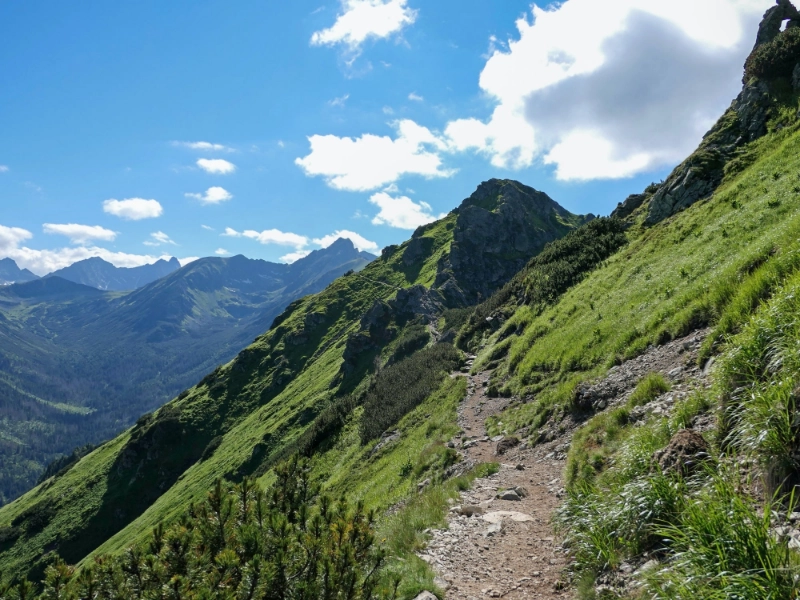
Although hiking isn't a race, it's frequently done quickly. Hikers are able to view more of the trail and cover more ground in less time by doing this.
Hiking too fast can be problematic because it quickly drains your energy. This increases the chance of tripping and falling, which can cause pulled hamstrings or twisted ankles in hikers.
The body's inadequate water intake is the other problem. Drinking water is crucial for preventing muscle weariness, so keep drinking throughout the climb. Additionally, it lessens the possibility of heatstroke.
4. You're travelling through uncharted territory.
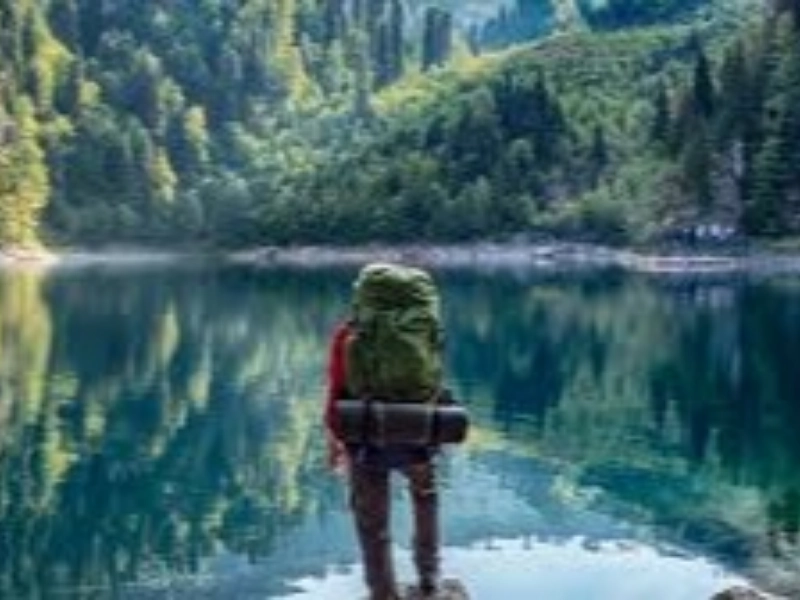
Hiking is a leisure activity that lets you explore new places, but it can be very draining. Hiking is risky as well; one misstep could result in a shattered leg, twisted ankle, or even a potentially fatal snakebite, bear, or cougar encounter.
Hiking in the outdoors will test your legs and lungs like nothing else, even if you hike or jog on level paths on a daily basis. Your body will become fatigued very quickly unless you prepare your muscles and lungs for this kind of exercise.
Always remember to keep your pace at your own comfortable level to preserve your energy in order to avoid this. Additionally, it's a good idea to monitor your thirst threshold and drink frequently. The loss of salt in perspiration is a common cause of muscle cramps, which can be avoided by drinking enough water.
5. You're surrounded by nature.
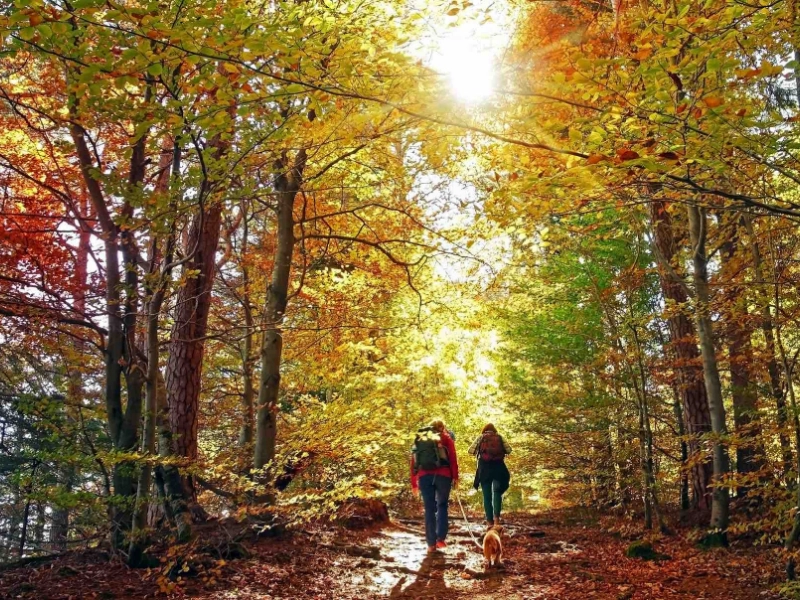
Hiking isn't always simple, as anyone who has ever become lost on a route can confirm. Hiking has a small impact and may be a safe and enjoyable way to appreciate the natural beauty of Earth, provided you prepare ahead of time and adhere to Leave No Trace principles.
There are other health advantages to hiking as well. It helps with balance and coordination, burns calories, and tones all of the body's muscles. Over time, it can even lower cholesterol and blood pressure.
Furthermore, hiking can be a great way to socialise. Hiking with friends or family can foster positive relationships between you and them as well. Actually, a study discovered that hikers who walk with a group are more successful in achieving their fitness objectives.
Advertisement
Recommended Reading: Does your tent allow food?
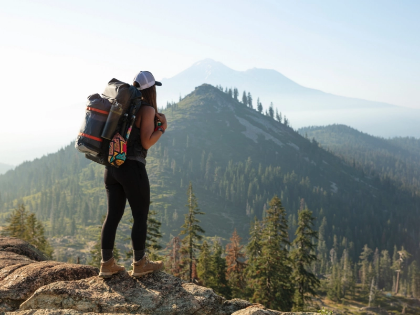
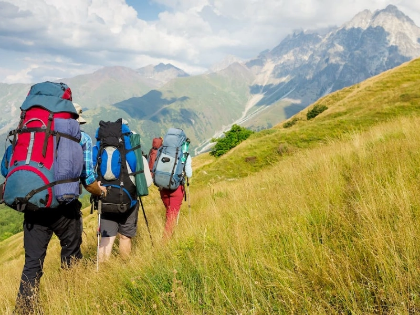
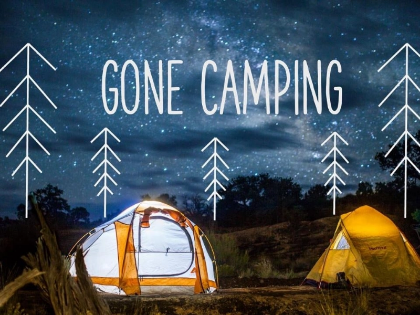
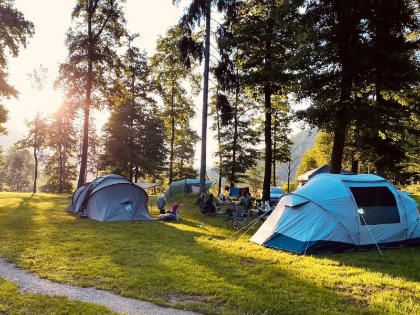
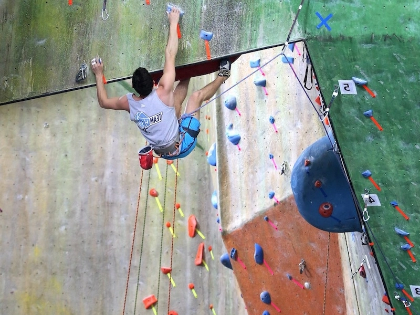

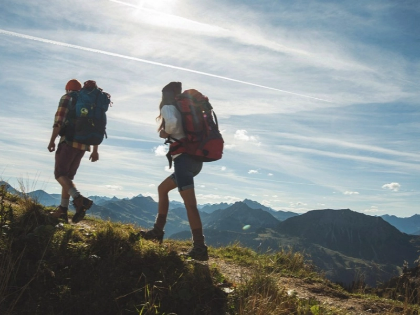

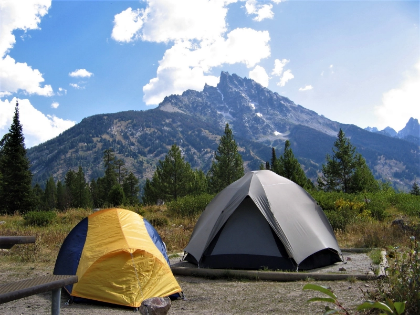
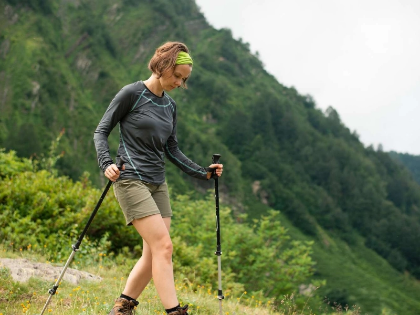


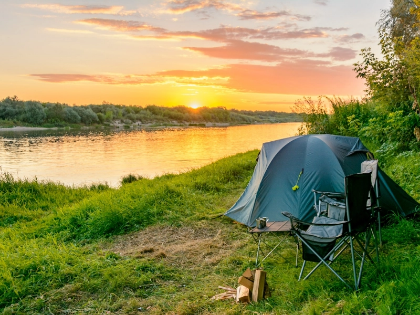
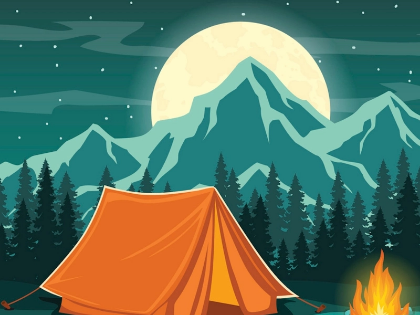
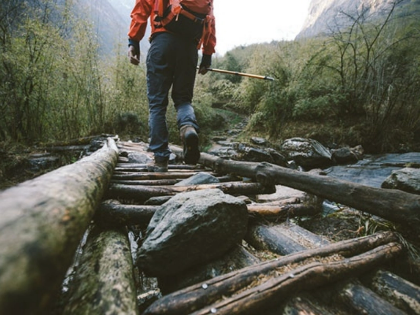

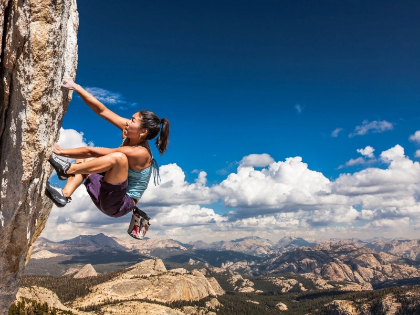

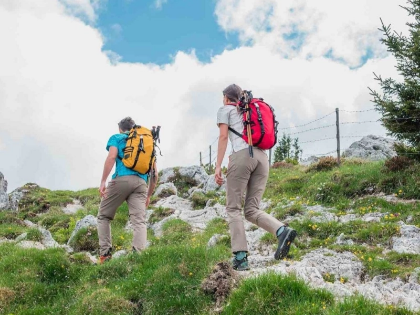
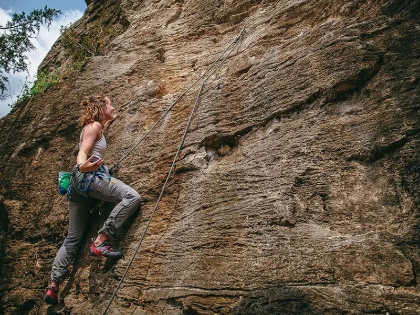
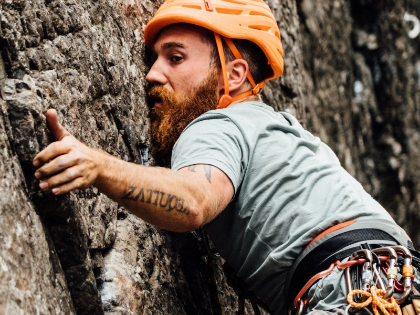

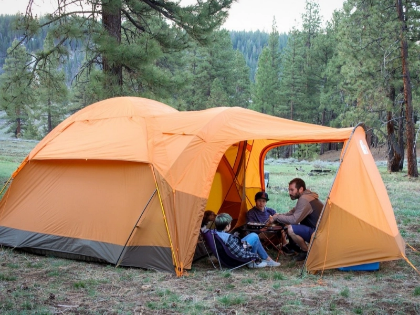
Friendly to progressive enhancement.
Maintains conceptual single source.
Short yet dense. More examples next time?
Layered for progressive disclosure.